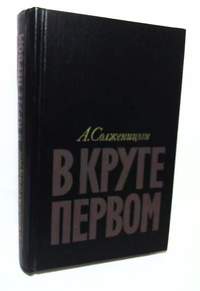#CancerWard
Cancer Ward
Cancer Ward (, Rakovy Korpus) is a semi-autobiographical novel by Russian author Aleksandr Solzhenitsyn, winner of the 1970 Nobel Prize in Literature.James M. Curtis, Solzhenitsyn's Traditional Imagination, University of Georgia Press, 2008, p.
Read More..
Ratings
Likes
Reviews
Popularity
Ranks
This #hashtag is not ranked yet.






